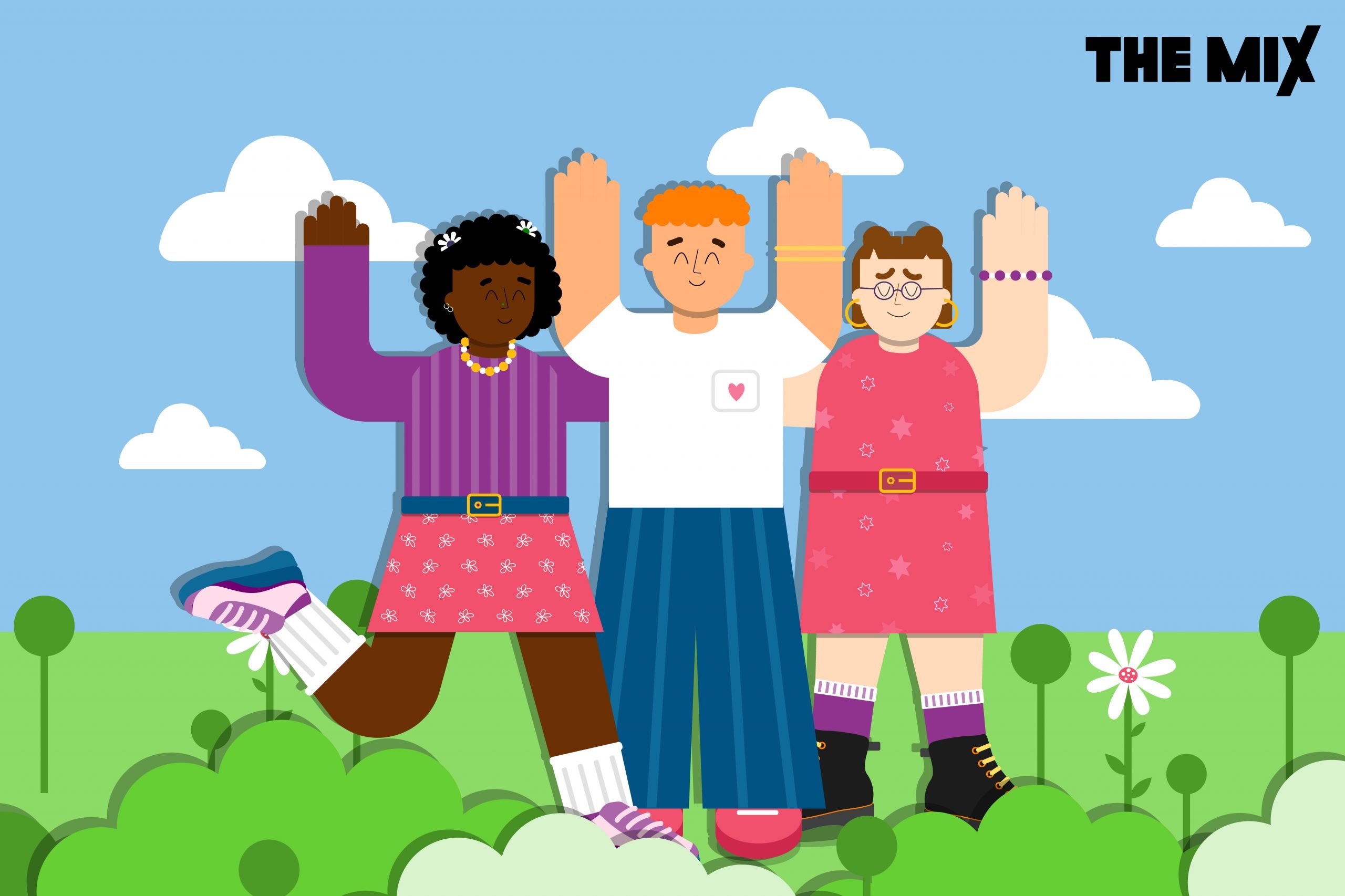What is neurodiversity?

Hi! I’m Janet – a Mental Health Nurse and Mental Health Awareness Blogger. I’m passionate about mental health in the Black community. I hope my writing is able to challenge stigma and discrimination, change the narrative surrounding mental health and recovery, and encourage others to live a happy and healthy life. In this article, I’ll explain the meaning of neurodiversity and what life is like for neurodiverse people.
What does neurodiversity mean?
Neurodiversity meaning the diversity of the human brain, is a term used to describe how different people can think, feel, learn and behave differently. The term refers to differences of everyone’s individual brain function, but when using it it’s important to remember that although neurodivergent brains work differently, these should not be seen as disorders, but as a part of human diversity.
Neurodiversity is specific to each person and highlights that people can experience the world in many different ways, from many different perspectives.
The concept of neurodiversity was first introduced in the late 1990s. Since then, it has gained popularity and is now widely recognised as an important aspect of human diversity, which supports acceptance and celebration of the many unique ways of thinking and experiencing the world. It is estimated that around 1 in 7 people in the UK have some kind of neurodivergence.
Types of neurodiversity
Neurodiversity includes many conditions that affect the way the brain processes information such as:
- Autism – a developmental difference that affects communication, social interaction, and behaviour. Autistic people may have challenges with social cues and may be hypersensitive to certain stimulation.
- ADHD – a condition that affects attention, impulsivity, and hyperactivity. People with ADHD may have difficulty focusing on tasks, may act impulsively, and may struggle with organisation.
- Dyslexia – a condition that affects reading, writing, and spelling. People with dyslexia may have difficulty decoding words or recognising letters and words.
- Tourette Syndrome – a condition that causes sudden movements, twitches and sounds called tics. People with tourette cannot stop their body from doing these things.
It is important to note that these conditions are not disorders, they simply represent different ways of thinking, feeling, learning and behaving. Read more about the definition of neurodiversity here.
Benefits of neurodiversity
Neurodiverse people can offer many benefits to society as they often have exceptional skills and strengths that can be viewed positively in different environments. For example:
- Autistic people can have excellent attention to detail, making them well-suited for jobs in technology and engineering
- People with ADHD may be highly creative and innovative, bringing fresh perspectives to problem-solving
- People with dyslexia can develop incredible listening skills, allowing them to absorb huge amounts of information
- Those with Tourette Syndrome are often highly creative and have a strong sense of empathy
Challenges of neurodiversity
While neurodiversity brings many benefits, it can also come with many challenges. Neurodivergent people can often face stigma, discrimination, and social exclusion, causing them to struggle fitting into society.
In social settings, they may experience sensory overload and other challenges that can make day-to-day living difficult. For example:
- Autistic people may struggle with communication and social interactions, making it hard to form relationships and navigate social situations
- People with ADHD may have difficulty focusing, which can cause challenges at school or work
- People with dyslexia may find reading and writing difficult, leading to educational struggles and low self-esteem
- Neurodiverse people may experience a lack of accessibility in their day-to-day lives, which can lead to anxiety and depression
Although some neurodivergent people may find certain tasks or environments challenging, others may shine in these areas so it’s important to remember that everyone’s experience of their neurodivergent condition is unique and should be treated positively.
Neurodiversity support
Fortunately, there is tons of support available to help neurodivergent people overcome these challenges and thrive. There are various therapies that can help neurodivergent people learn effective coping strategies and improve social skills. Also, educational support (such as extra time on tests and assignments) can help people with dyslexia and other learning differences.
Here are some specialist organisations who offer support for neurodiversity:
- Ambitious About Autism
- National Autistic Society
- ADHD Foundation
- The Brain Charity
- British Dyslexia Association
- Tourettes Action UK
Neurodiversity in the workplace
Embracing neurodiversity in the workplace can lead to increased productivity and innovation. To create a more inclusive workplace, it’s important to take steps to accommodate neurodivergent employees. This can include:
- Providing quiet workspaces or noise-cancelling headphones
- Providing flexible working arrangements
- Providing written instructions in addition to verbal instructions
- Providing training to educate employees on neurodivergent conditions and how to support and work effectively with neurodivergent colleagues
By creating more inclusive workplaces and educating ourselves on neurodivergent conditions, we can build a more diverse and innovative society that values and celebrates neurodiversity.
Celebrating neurodiversity
There are many strengths in neurodiversity. Rather than viewing neurodivergent conditions as disorders, we should recognise the unique strengths of neurodivergent people.
Neurodiverse minds are capable of great achievements and this should be celebrated and embraced. There are so many exceptional neurodivergent celebrities you might have heard of!
- Billie Elish, Singer – Tourette Syndrome
- Channing Tatum, Actor – ADHD
- Greta Thunberg, Climate Activist – Autism
- Emma Watson, Actress – ADHD
- Ryan Gosling, Actor – ADHD
View this post on Instagram
Neurodiversity is an important aspect of human diversity that should be celebrated and embraced. Neurodivergent people bring valuable skills, perspectives, and insights to society, and supporting them can lead to a more innovative and inclusive world. By recognising and accepting neurodiversity, we can create a society that values and celebrates diversity in all its forms.
The Mix would like to thank The Brain Trust for their support with this article.
Next Steps
- Chat about this subject on our Discussion Boards.
By Janet Adebodun
Updated on 22-Jun-2023
Sorry, comments closed
No featured article









